
Three members of Ecuador's Waorani community, known for their isolated lifestyle deep in the Amazon rainforest, recently visited Türkiye through the efforts of social media influencer Alper Rende.
The visit, which took place from Jan. 28 to Feb. 24, 2025, introduced the guests from the Waorani tribe to an entirely different world: urban landscapes, historical landmarks, winter sports, and Turkish cuisine.
Their journey across Türkiye, facilitated by Rende, became a fascinating glimpse into the intersection of modernity and traditional indigenous life.
Why it matters: The visit marked a historic moment for the Waorani tribe members—Mayra, Wareka, and Cominta—as they experienced urban life for the first time.
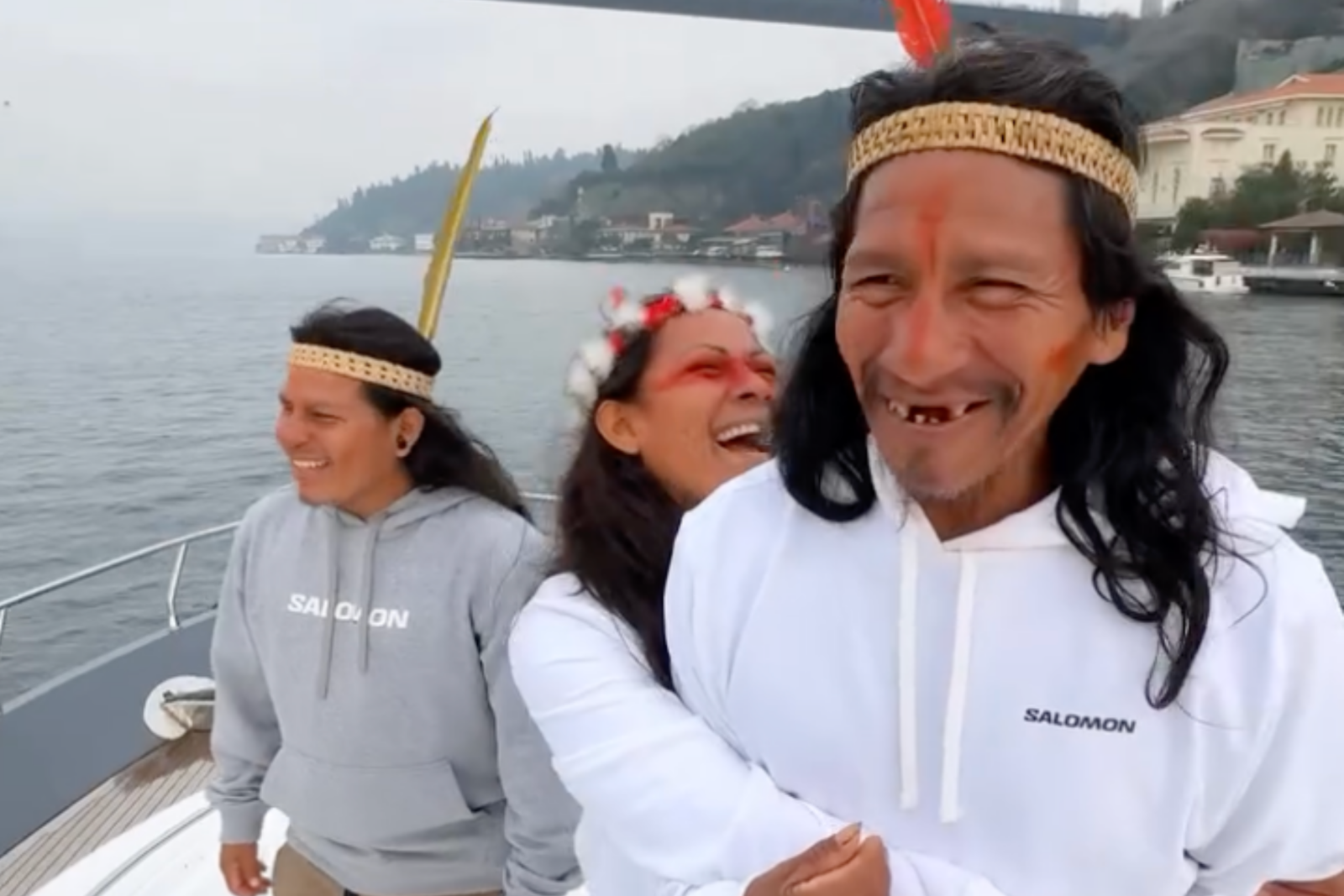
The journey began in Istanbul, Türkiye's largest city, where the Waorani guests encountered its bustling streets and diverse cultural heritage.
Their itinerary included Ankara, the capital, where they paid their respects at Anitkabir, the mausoleum of Mustafa Kemal Ataturk, the founder of the Turkish Republic.
One of the most striking moments of their trip was in Bursa, where they visited Uludag, Türkiye's famous winter sports destination.
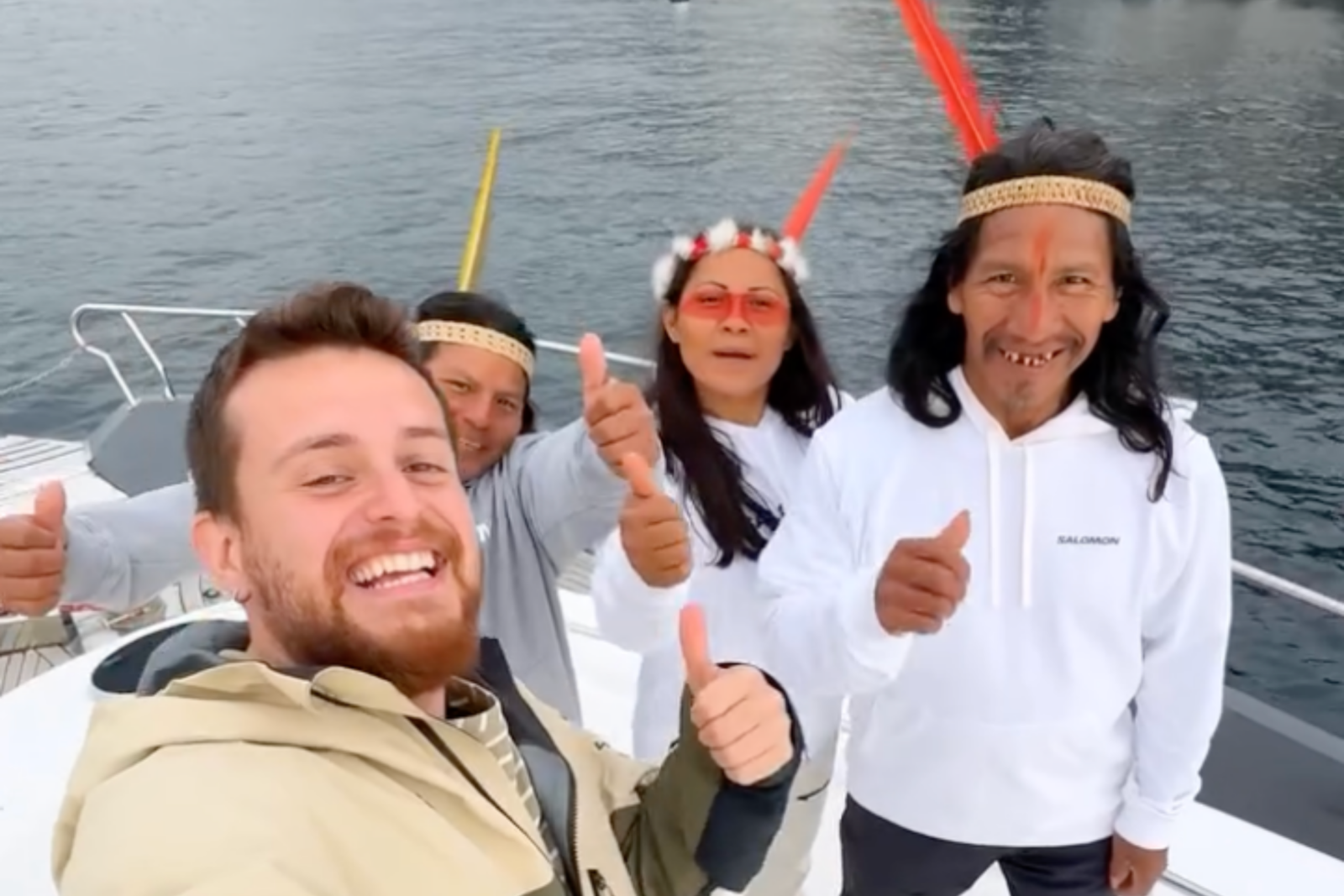
The guests from the Waorani tribe also visited Tuz Golu (Salt Lake), one of Türkiye's natural wonders, known for its striking white landscape and vast, shallow waters.
In addition to sightseeing, the group was introduced to Turkish cuisine, which they reportedly found delightful. The warmth and hospitality of the Turkish people made them feel at home, and they received gifts to take back to other members of the Waorani tribe and their village.
Alper Rende, who organized the visit, had previously spent significant time with the Waorani in their village. His goal was to bridge two vastly different cultures and allow for a mutual exchange of traditions.
Rende described the project as an opportunity to document their reactions to modern life while also immersing themselves in their way of living.
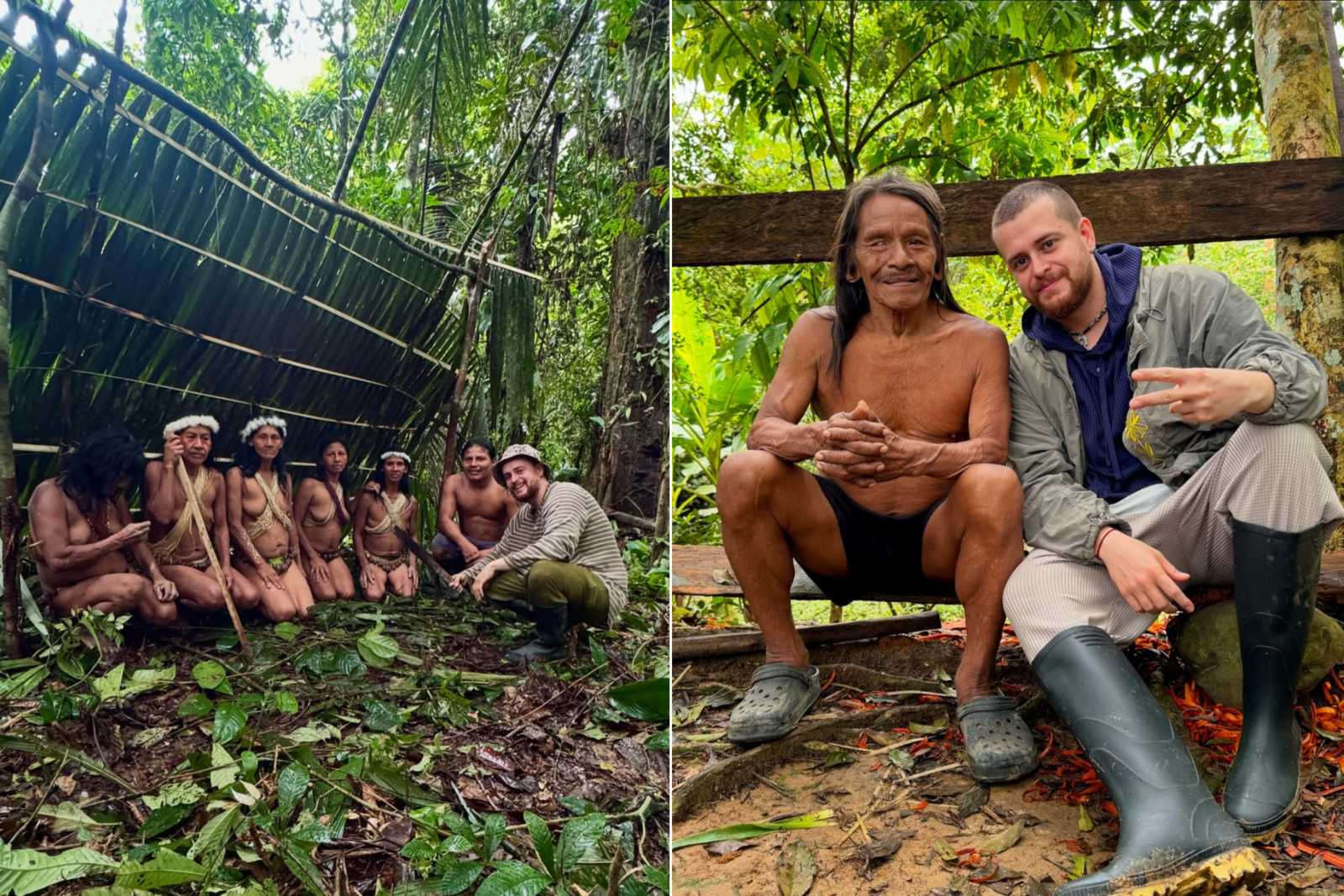
The Waorani tribe, numbering around 2,000, is one of Ecuador’s most well-known indigenous groups.
Until the mid-20th century, the Waorani tribe remained largely uncontacted. Their first significant encounter with the outside world came in 1956, when five Christian missionaries attempted to reach them.
By 1958, the Waorani had experienced sustained contact, which led to their gradual integration into modern society. Many were relocated to missionary settlements, while others continued to resist outside influence, retreating further into the forest.
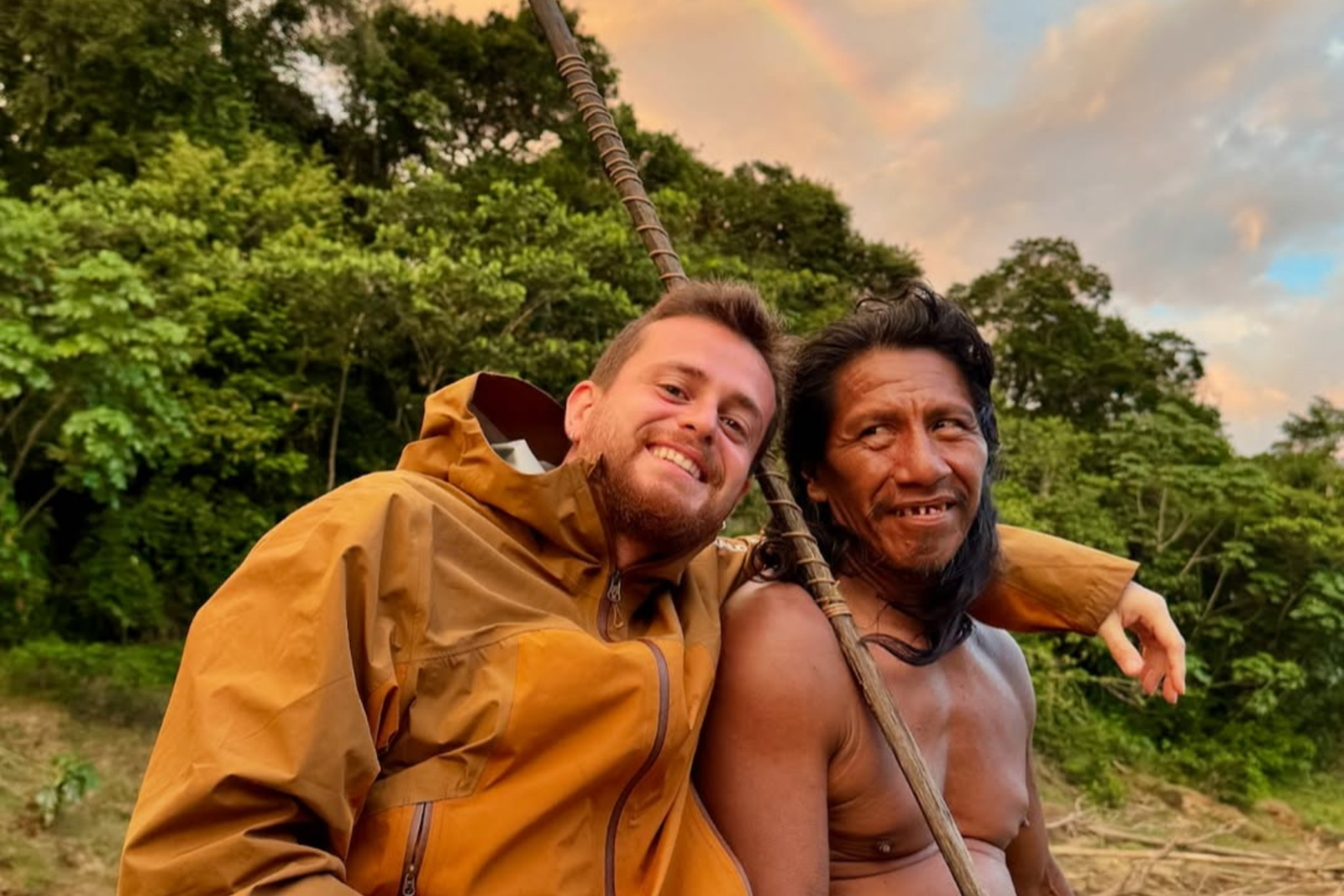
Life in the Amazon is both rich in tradition and fraught with challenges. The Waorani face increasing threats to their way of life:
To counter these threats, leaders of the Waorani tribe and organizations have been advocating for territorial protection and environmental preservation. Initiatives such as territorial mapping programs and legal advocacy efforts have been crucial in their resistance against corporate and governmental exploitation.
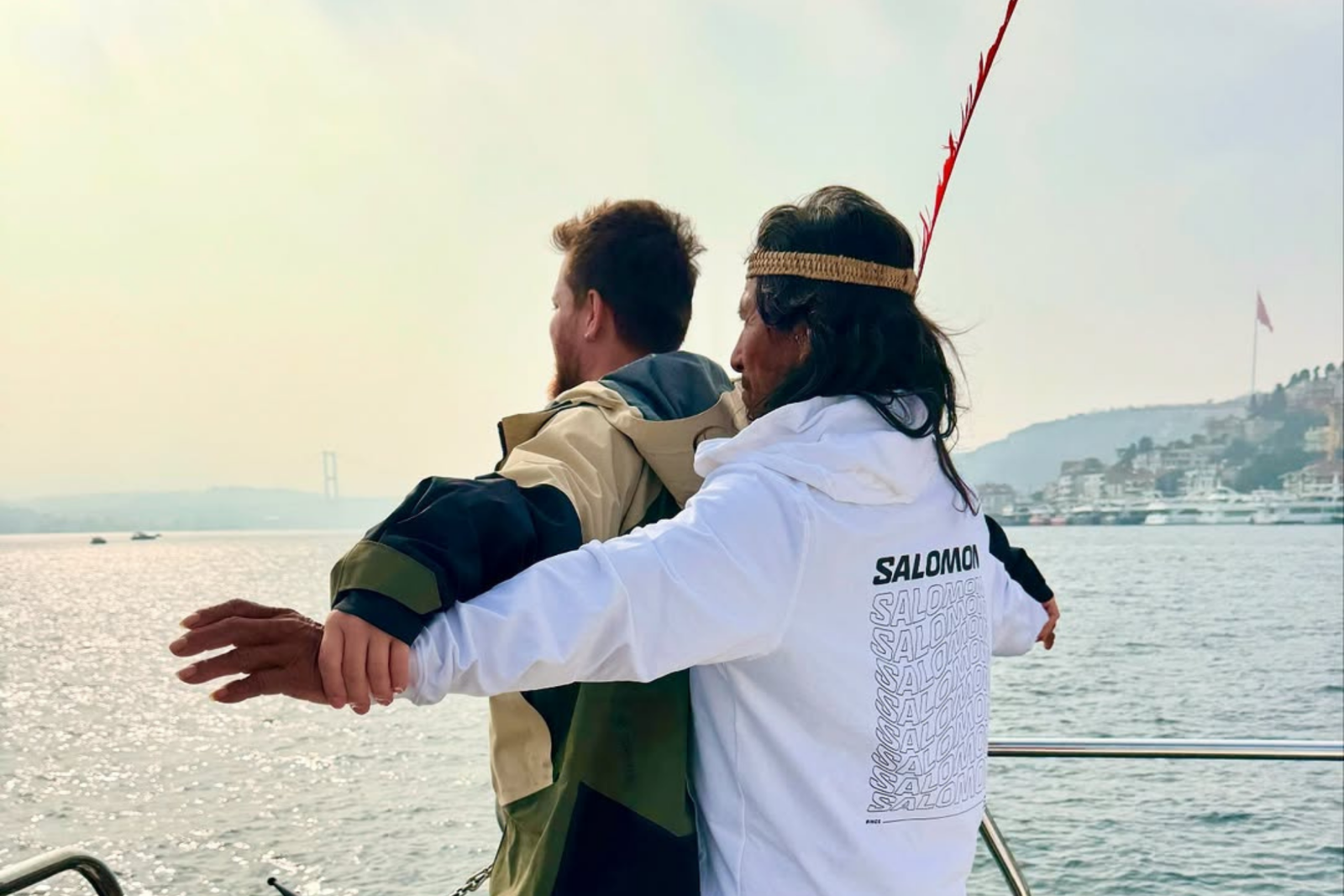
The Waorani's visit to Türkiye was more than a travel experience—it was a cultural exchange that highlighted the beauty of both indigenous traditions and modern society.
While the Waorani encountered countless surprises in Türkiye - such as cube-shaped sugar and high-tech urban environments—Turkish people, in turn, learned about the resilience and unique customs of a community that has thrived in the Amazon for centuries.
The experience of seeing a world so different from their own left a deep impression on the Waorani guests. Meanwhile, their presence in Türkiye prompted discussions about the importance of preserving indigenous cultures and respecting their way of life amidst increasing global modernization.